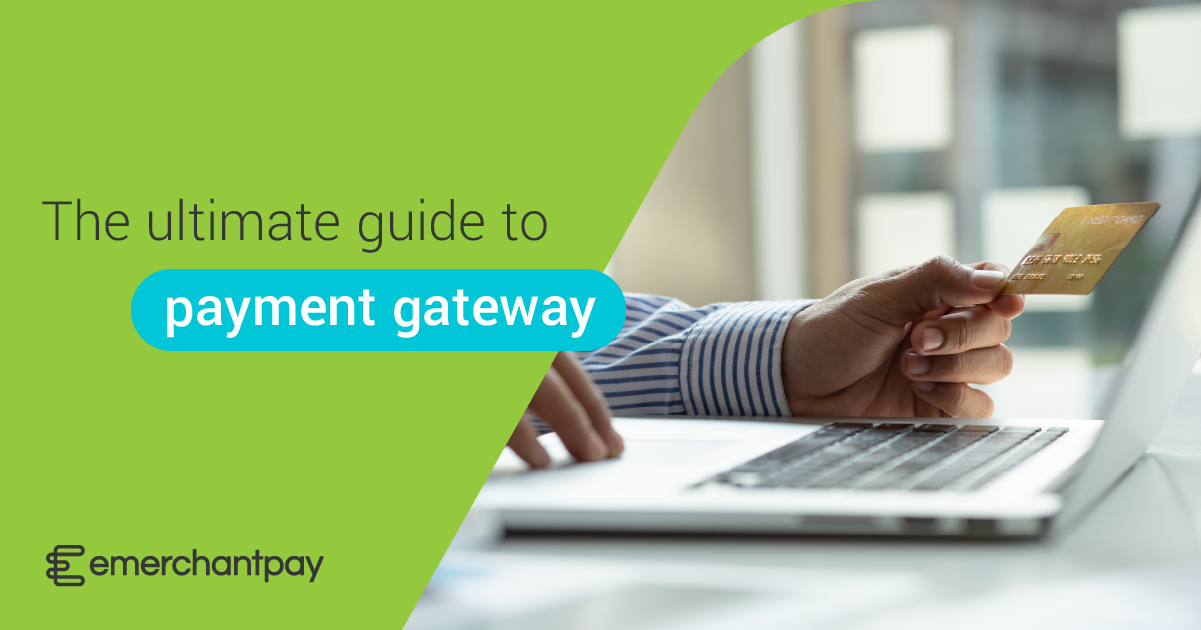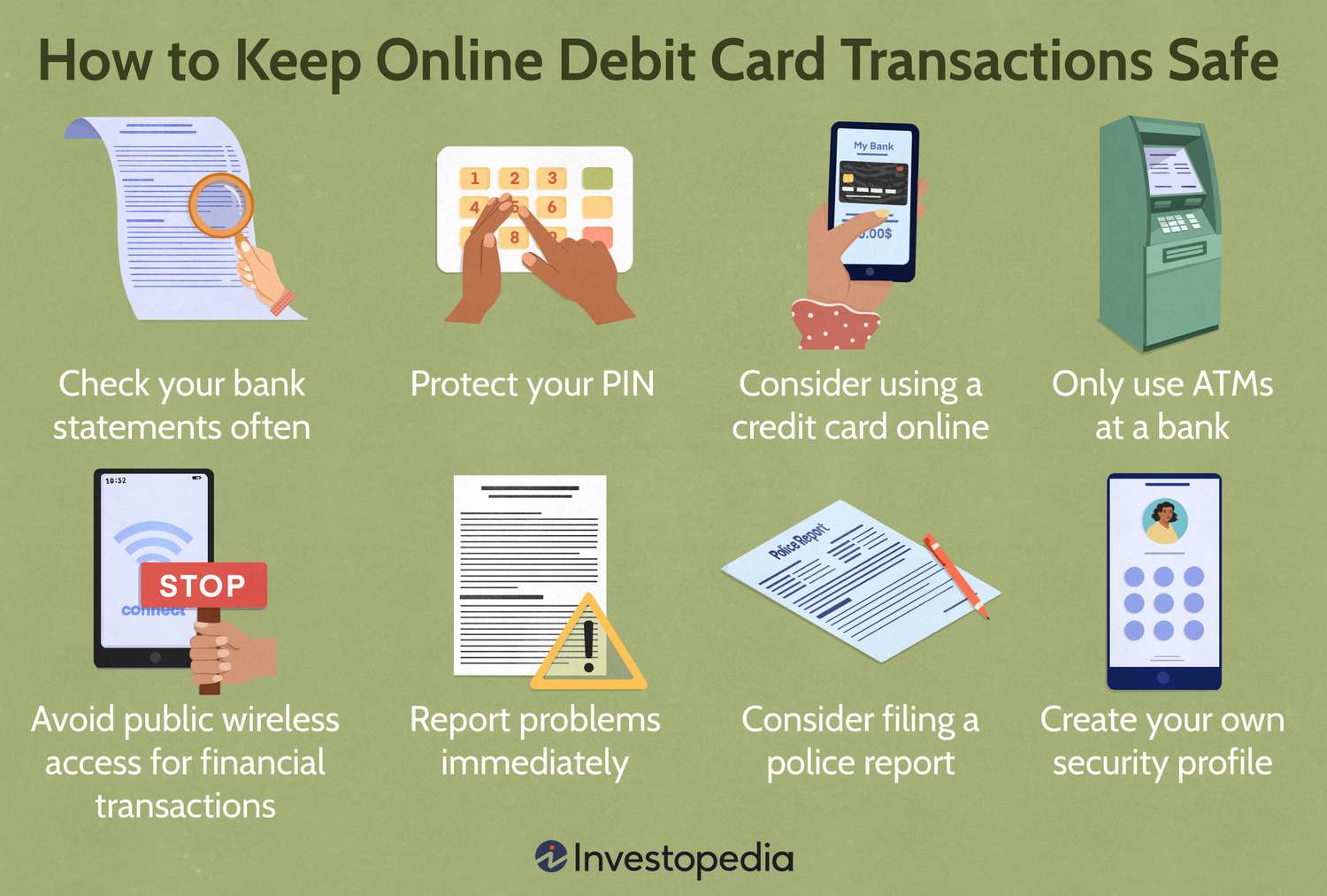Whether you’ve misplaced a check or need to halt a recurring payment, the option to stop payment on a transaction can be a valuable tool in protecting your finances. In this article, we will delve into the concept of stop payment, its benefits, and how to initiate the process.
Table of Contents
What is Stop Payment?
Stop payment is a service provided by financial institutions that allows customers to request the cancellation of a specific payment. This service is typically used in scenarios where a check or an electronic transaction needs to be blocked from going through, preventing the payment from being processed and debiting funds from the customer’s account.

Credit: www.amazon.com
The Benefits of Stop Payment
Stop payment offers several benefits for individuals who need to exercise control over their financial transactions:
- Preventing Unauthorized Transactions: If you suspect fraud or have lost a check, stopping payment can prevent unauthorized parties from cashing or depositing the check.
- Stopping Recurring Payments: If you want to cancel a subscription or membership, but find it difficult to terminate recurring payments, stop payment can be an effective way to halt those transactions.
- Avoiding Insufficient Funds: If you do not have sufficient funds in your account to cover a particular payment, utilizing stop payment can save you from incurring overdraft fees or bounced check charges.
How to Initiate a Stop Payment
When you need to stop payment on a check or an electronic transaction, follow these general steps:
- Call or visit your financial institution’s customer service department.
- Provide the necessary information, including the account number, transaction details, and the specific payment amount.
- Pay the stop payment fee, which varies depending on the institution’s policies.
- Obtain written confirmation of the stop payment request.

Credit: www.emerchantpay.com
Important Considerations
It’s essential to be aware of the following considerations when requesting a stop payment:
- Timing: Stop payment requests must generally be made before the payment has been processed or cleared. Once the payment has gone through, you may need to explore other options, such as disputing the transaction.
- Expiration: Stop payments have an expiration date ranging from a few months to a year, depending on the institution. After this period, the stop payment request will expire, and the transaction can be processed.
- Cost: Financial institutions usually charge a fee for stop payment services. Ensure you are aware of the associated costs before proceeding with the request.
- Effectiveness: While stop payment can be a useful tool, it is not foolproof. There is a chance the payment may still go through, especially if the request is made shortly before the transaction processes. Be prepared to monitor your account and follow up if necessary.
Conclusion
Stop payment provides individuals with a practical means of protecting their finances and controlling their transactions. By leveraging this service, you can prevent unauthorized transactions, stop recurring payments, and avoid potential financial penalties.
Remember to initiate a stop payment request as soon as possible to increase the likelihood of success. Stay proactive in monitoring your finances and take action when needed to safeguard your hard-earned money.
